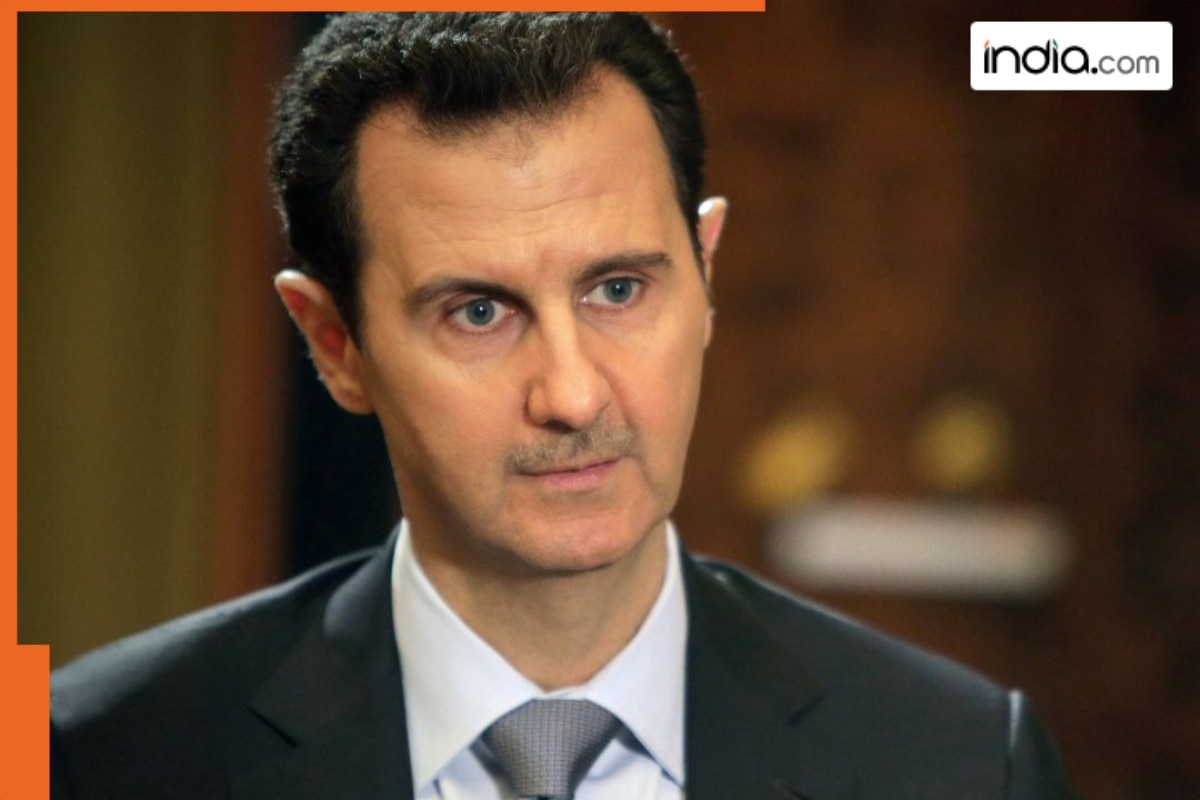Bashar al-Assad Flees Syria Amidst Human Rights Abuses Allegations

Former Syrian President Bashar al-Assad, once hailed as a progressive leader, has reportedly escaped to Russia to evade punishment for alleged war crimes, marking a seeming end to his 24-year presidency. The move has sparked debate about Western powers' willingness to overlook past atrocities, just as the Assad family faces scrutiny for their vast finances and human rights offenses.
Bashar and his wife Asma, once praised for their perceived charm and commitment to modernization, are now widely regarded as a "gangster couple" responsible for immense suffering in Syria. The couple's actions, including the use of chemical weapons and Scud missiles against innocent civilians, were kept hidden behind a facade of progressive ideals, duping Western leaders and media outlets. Asma, described as a "rose in the desert," appeared in a 2001 Vogue magazine interview, showcasing the Assad's attempts to present themselves as modern and fashionable leaders.
However, as the Syrian uprising erupted in 2011, the true nature of the al-Assads was exposed, leading to widespread condemnation. Notably, the European Union recently attempted to re-establish diplomatic ties with Syria, expressing a desire to "support the Syrian people." The timing of this move comes as questions arise about the EU's willingness to overlook the Assad family's history of human rights abuses.
The Assad family's asylum in Russia raises concern about Russia's response to the situation. Despite its ongoing war in Ukraine, Russia granted the Assad family asylum on humanitarian grounds, sparking speculation about the motivations behind this decision. The family's ties to Russia are deep-seated, with luxury properties in Moscow and educational connections through their son, who studies in the city. Asma's British-Syrian dual citizenship also gives her the potential to return to the UK, though the exact status of her whereabouts is currently unknown.
The future of the Assad family remains uncertain, with concerns about prosecution for human rights abuses and war crimes growing. The Syrian rebel leader has emphasized plans to name officials responsible for torturing political prisoners. With Russia not extraditing its own nationals, the possibility of prosecution appears low, further fuelling debate about international accountability and the precedents set by Western leaders' engagement with the Assad regime.